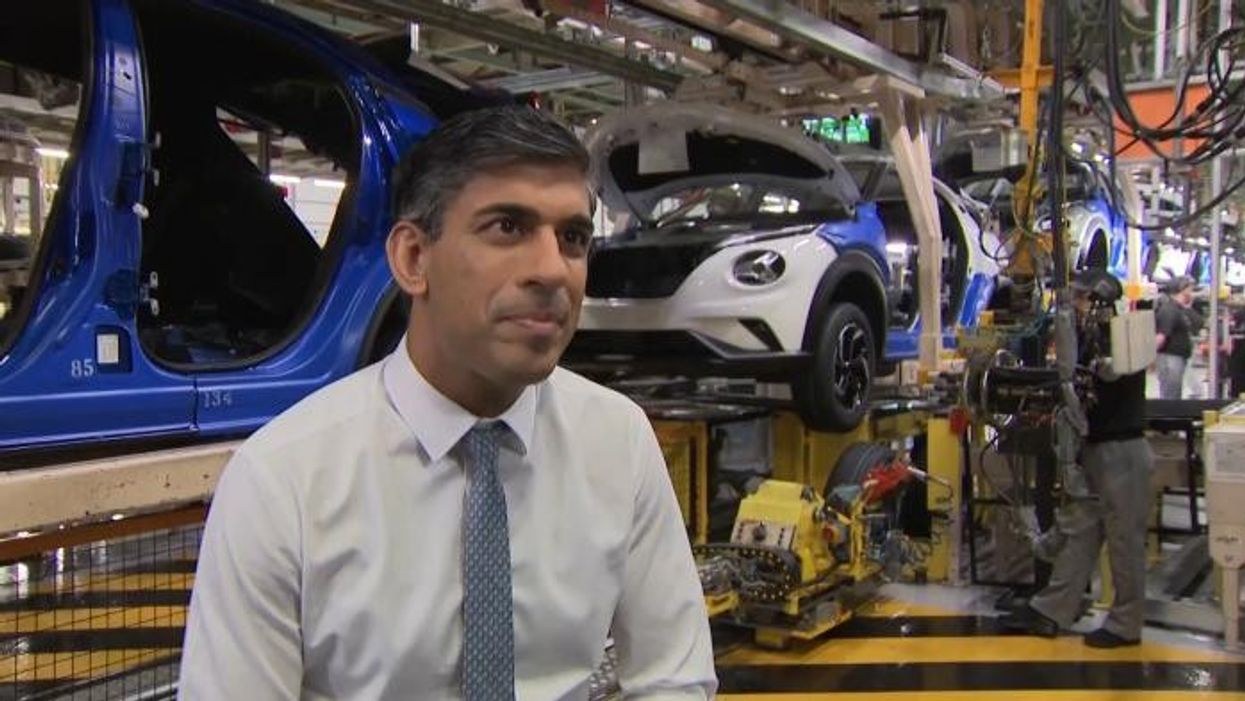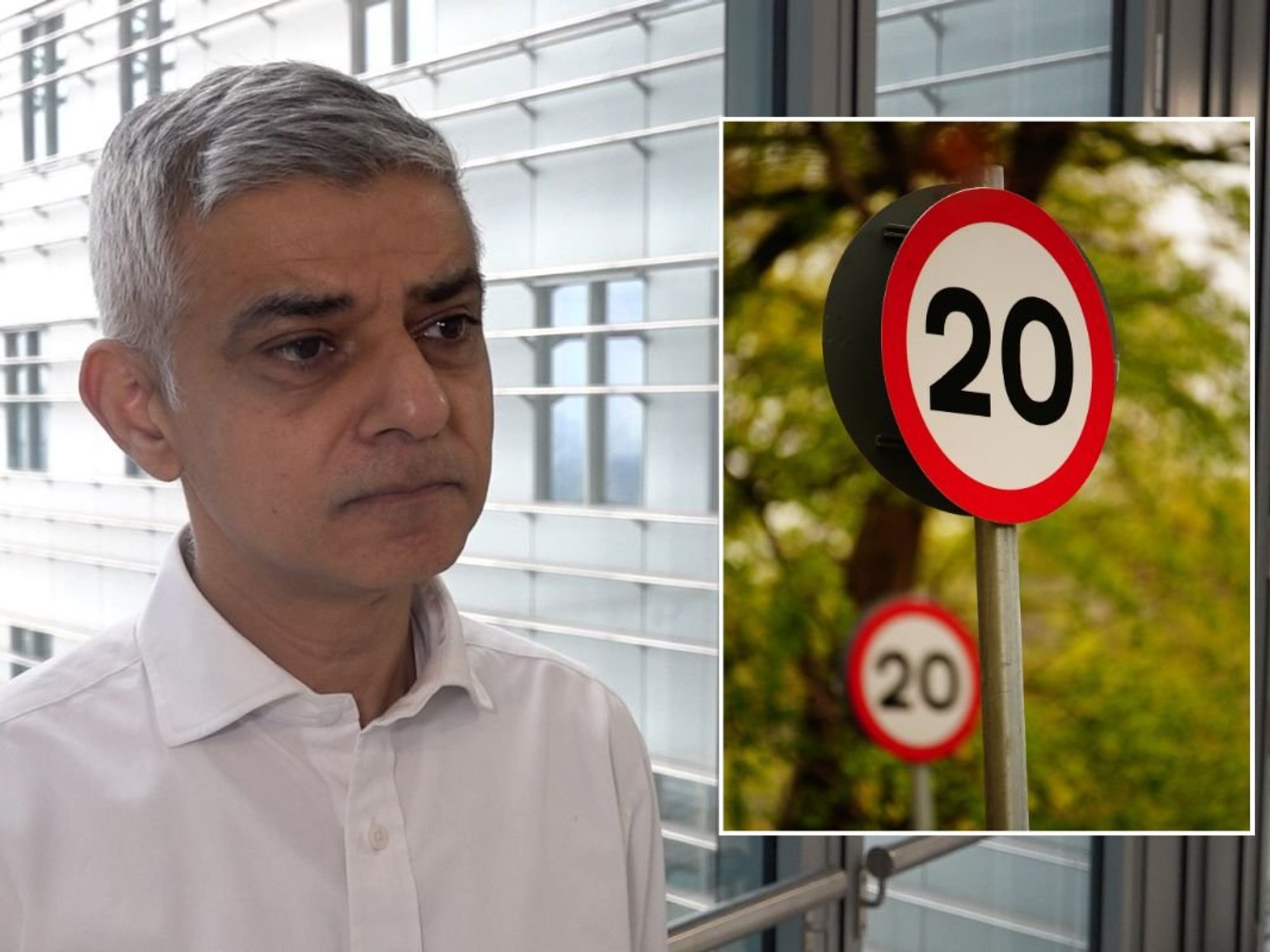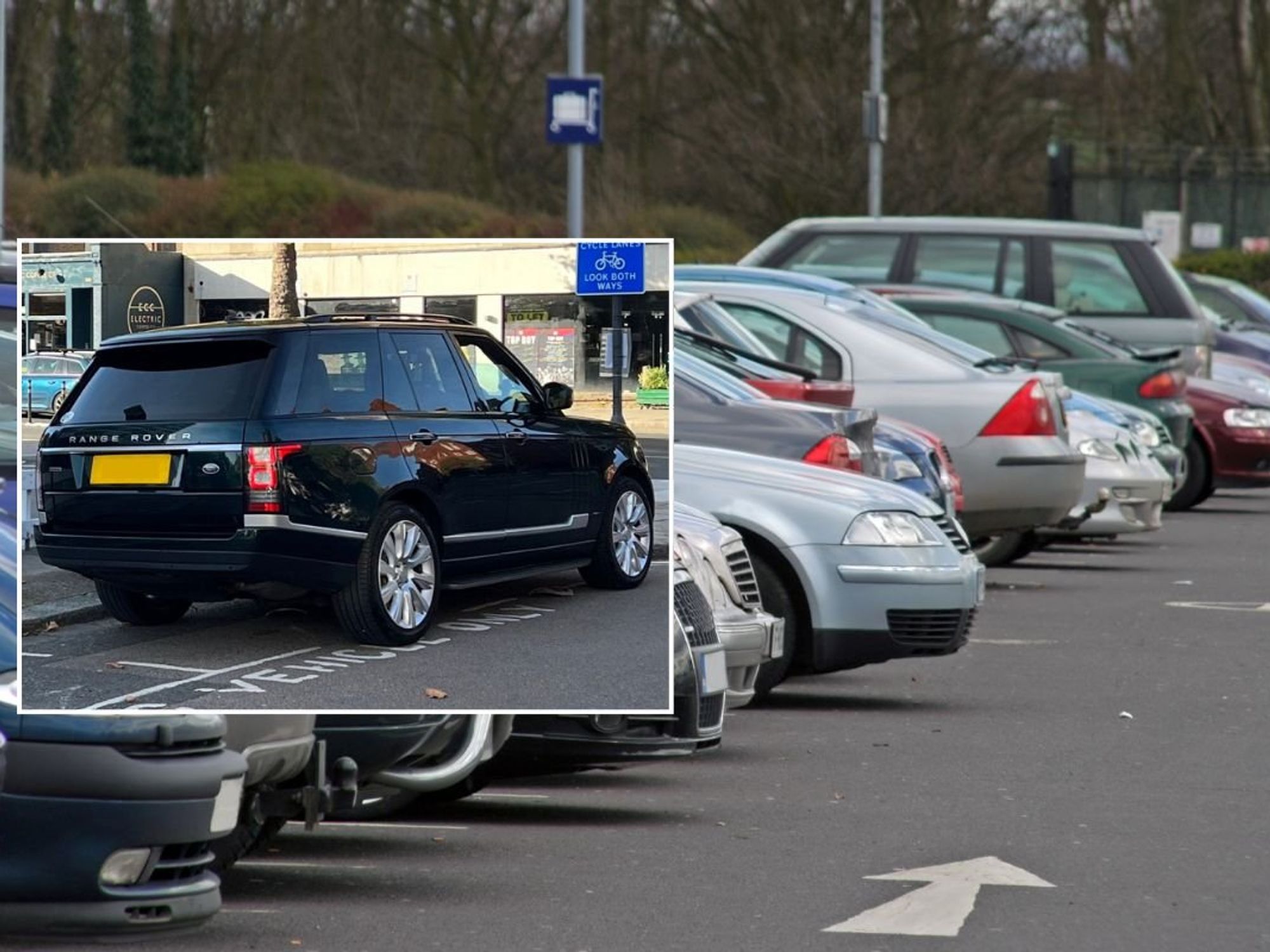New driving law changes will help motorists save thousands after EU agrees to delay electric car tariffs

Major car brands like Ford and BMW praised the delay of the EV tariffs
Don't Miss
Most Read
New laws will protect drivers from enormous price hikes on the upfront cost of an electric car with experts calling it a “win for motorists”.
From today, January 1, 2024, trade rules will remain in place following a last-minute agreement between the UK and the European Union on electric vehicles.
The trade rule extension on EVs will save major vehicle manufacturers and consumers up to £4.3billion in additional costs.
The so-called “rules of origin” would have seen a 10 per cent tariff levied on all trade from January 1, had the extension not been agreed between the two parties.
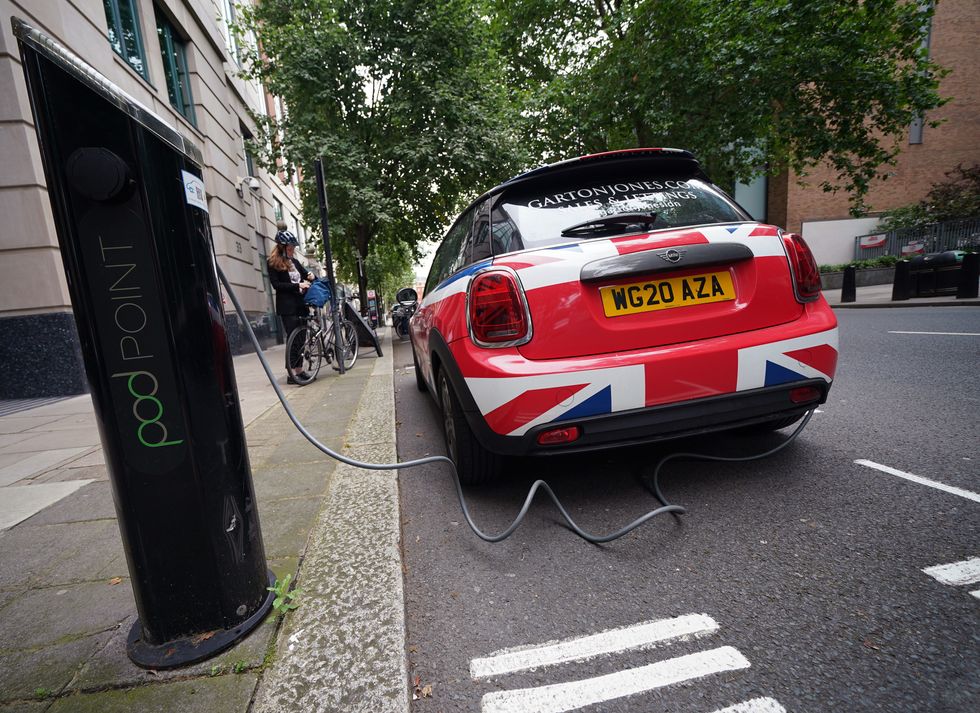
The new rules are expected to save manufacturers and drivers £4.3billion
|PA
Under the rules of origin, a 10 per cent tariff would have been imposed on car sales if at least 45 per cent of the vehicle’s value did not originate in the UK or European Union.
According to data from the Society of Motor Manufacturers and Traders (SMMT), the 10 per cent tariff would have resulted in additional expenses for motorists in the UK and EU.
UK drivers would have seen the price of EU-made electric cars increase in price by £3,400 had the trade rules not been extended.
Similarly, the price of British EVs sold in Europe would have seen a price hike of £3,600, making the UK automotive industry uncompetitive and potentially leading to a collapse.
Some industry experts have pointed to the emergence of Chinese electric vehicle manufacturers as threatening the future of European car companies.
Many Chinese brands can rely on cheaper production costs and easier access to key materials needed, allowing them to sell them for a smaller upfront cost than legacy makers.
Prime Minister Rishi Sunak said the extension to the trade rules was vital to support the long heritage of British car manufacturing, with brands like Ford, Stellantis and BMW all thanking the two parties for reaching a resolution.
The agreement guarantees that the existing rules of origin will last for a further three years until the end of 2026.
Under the existing Trade and Cooperation Agreement, a staged approach was introduced for electric vehicles and batteries which required phased increases in these rules of origin requirements - with the first increase due to take effect on 1 January 2024, before a final increase from 1 January 2027.
The UK and EU highlighted the massive disruption to the global supply chain stemming from the COVID-19 pandemic and the Russian invasion of Ukraine.
Commenting on the agreement, Business and Trade Secretary Kemi Badenoch said: “This Government is determined to ensure the UK remains one of the best places in the world for automotive manufacturing.
“We listened to the concerns of the sector and worked hard with counterparts in Brussels and across Europe to deliver a solution that works for both sides.
“Resolving issues like this one is part and parcel of being an independent trading nation.
“This very good result is a visible demonstration that the UK is delivering for business with trading partners around the world.”
LATEST DEVELOPMENTS:
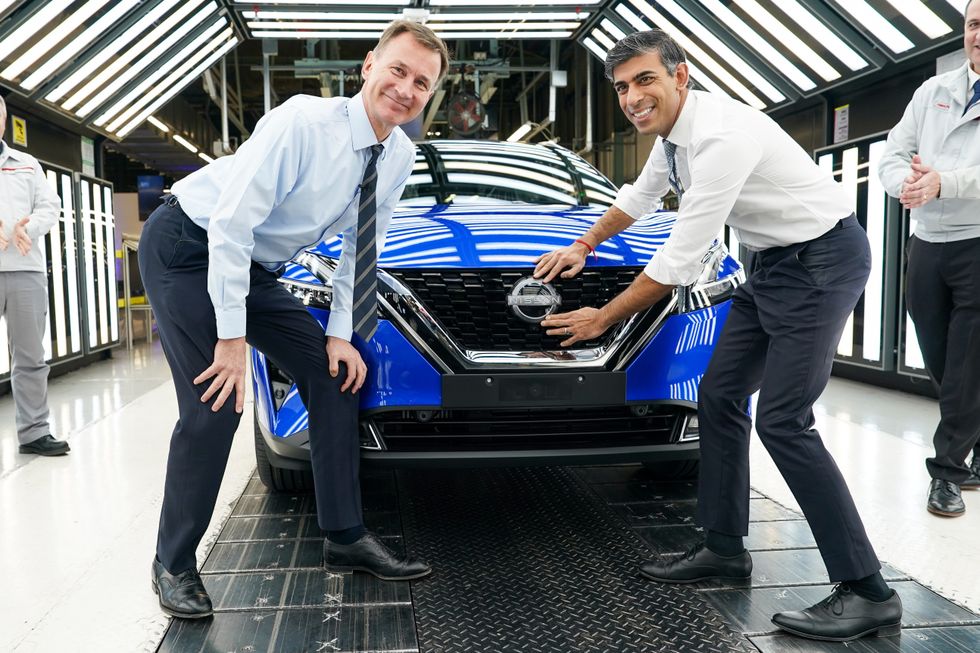
Rishi Sunak and Jeremy Hunt at the Nissan EV plant in Sunderland
|PA
Mike Hawes, chief executive of the SMMT, also supported the extension of the trade rules, branding it a “win for motorists, the economy and the environment”.
The Government also confirmed that it would be looking to extend the equivalent rules of origin in the UK-Turkey preferential trade agreement, with British car companies like Ford acting as major exporters to Turkey.
During the Autumn Statement, Jeremy Hunt announced a massive £4.5billion plan to invest in the Advanced Manufacturing Plan over the next five years to support the zero emission vehicle sector.


